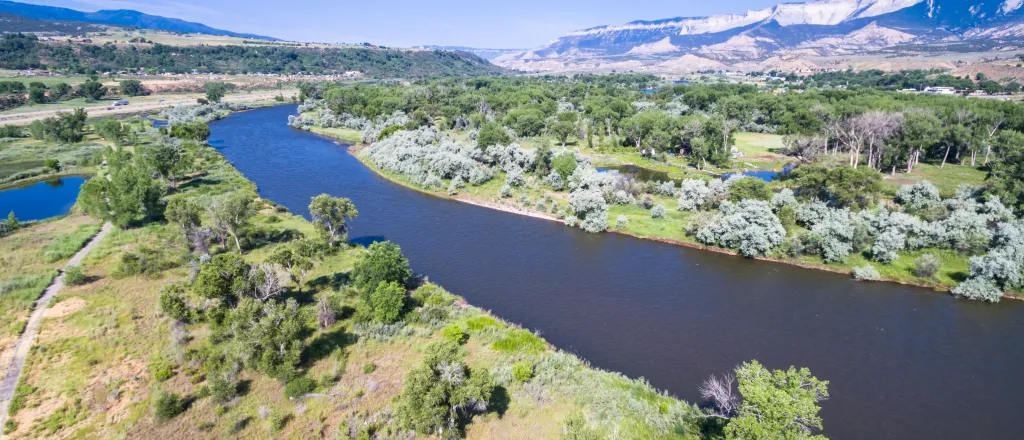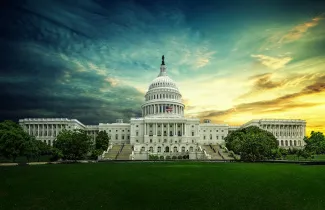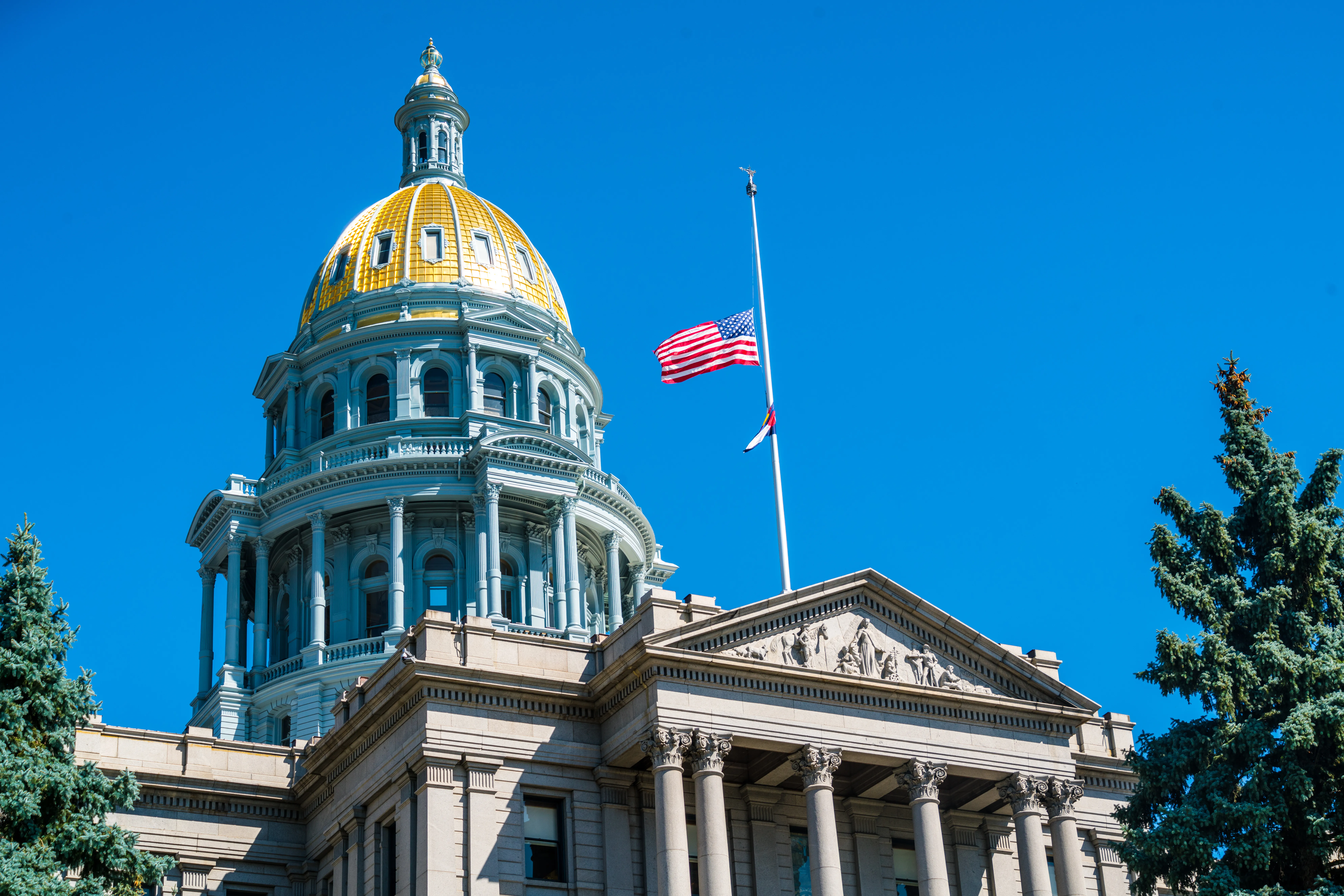
GORP Act would conserve 730,000+ acres of public lands in Colorado
Click play to listen to this article.
(Colorado News Connection) New legislation making its way through the U.S. Senate would conserve more than 730,000 acres of federal public lands in and around Colorado's Gunnison Basin.
Tony Prendergast, a cattle rancher near Crawford, was one of a number of stakeholders who worked for a decade to shape the legislation. He said farmers, ranchers, hunters, anglers, hikers, mountain bikers, wildlife advocates and others realized the lands were being "loved to death," and if nothing was done, everyone would lose.

"We came together to say, 'Well, how can we work together to protect what exists, and protect it well in the future and into future generations?'" Prendergast explained.
The Gunnison Outdoor Resources Protection Act, led by Senator Michael Bennet, D-Colo., and Senator John Hickenlooper, D-Colo., taps federal wilderness and special management area protections for important fish and wildlife habitat. The bill would also transfer the Pinecrest Ranch into a sovereign land trust for the Ute Mountain Ute Tribe. Six Colorado counties and 16 advocacy organizations support the measure but some in Congress continue to oppose any increased public lands protections.
The measure would not affect water rights or existing land uses, such as mining or oil and gas leases. But Prendergast pointed out the legislation will give land managers the tools they need to mitigate conflicts after a surge in outdoor recreation.
"New mountain bike trails were appearing all the time," Prendergast noted. "The motorized recreation was spreading out across the landscape. Gates were being left open. There would be conflicts, livestock dogs chasing off mountain bikers."
He added the legislation would also allow land managers to prioritize the needs of wildlife during critical times, such as the end of winter when animals are weak and nutrition levels are at their lowest.
"In an area where wildlife is close to having their young, there may need to be closures from dusk to dawn from human activity, so wildlife can have a break," Prendergast added.
















